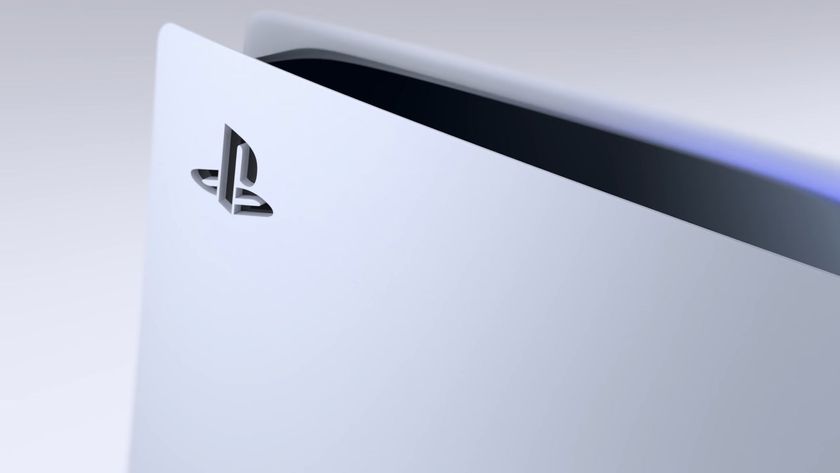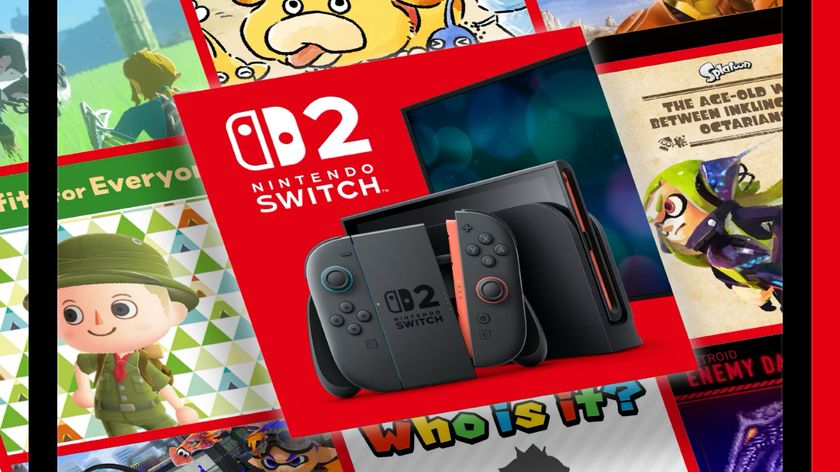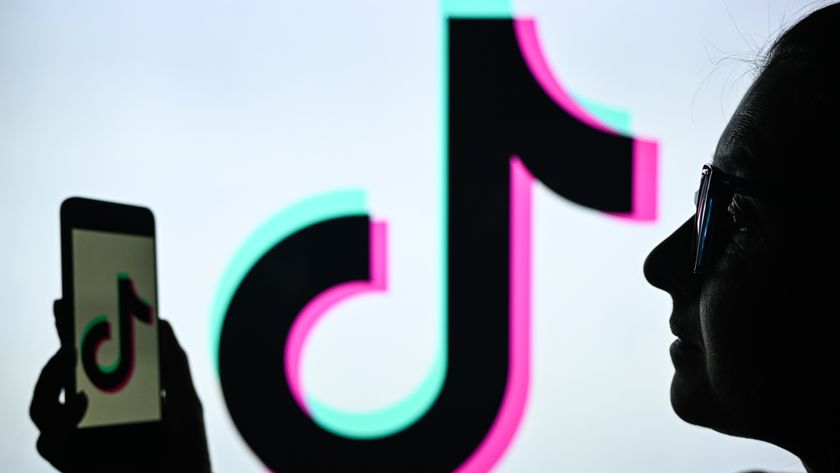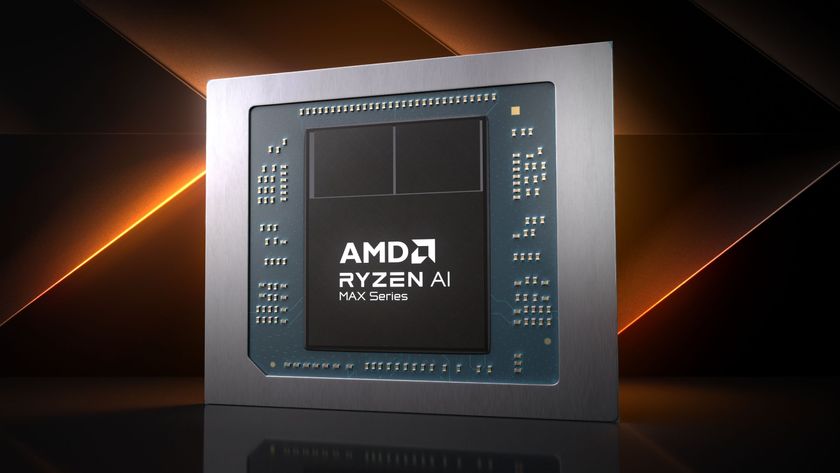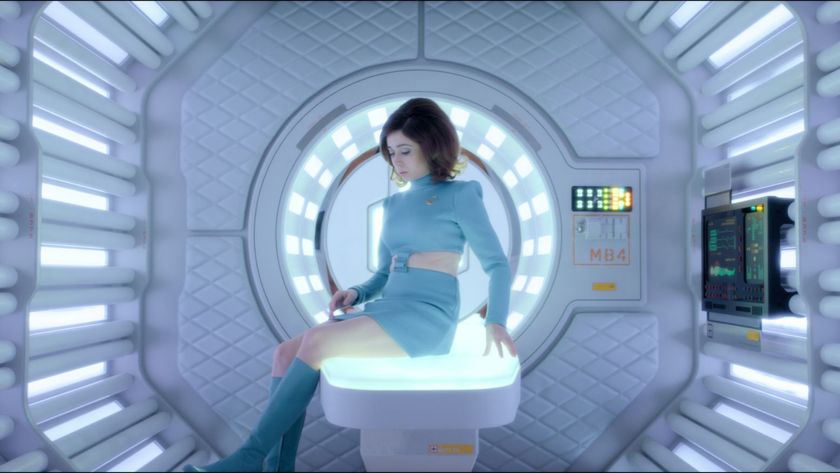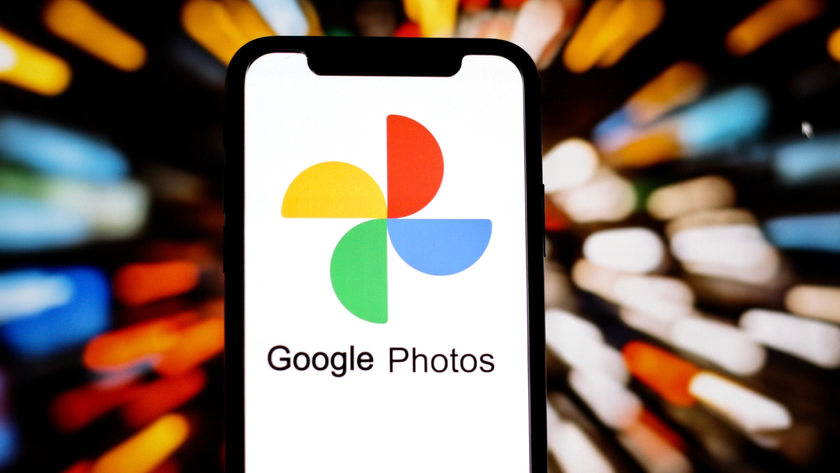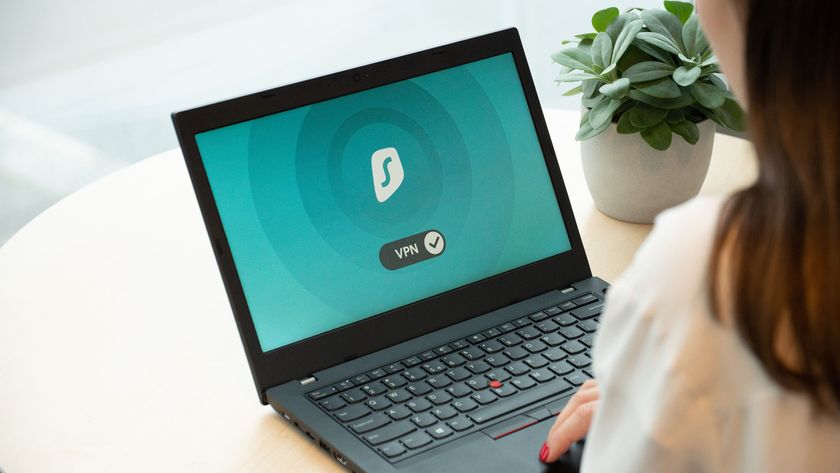How technology will save music
Forget about file sharing. Music's going to be fine
Music in games
When Motley Crue released Saints of Angels as a single in 2008, they sold 10,000 digital copies in the first week. That same week, they also sold 47,000 copies via Rock Band. When Guitar Hero: Aerosmith shifted 567,000 copies in its first week, Activision boss Bobby Kotick claimed that the band made more money from the game than from any of their albums.
The numbers are staggering. In 2008, total US album sales - including downloads - were $428 million. In March of this year, Harmonix announced that in fifteen months, US sales of Rock Band had surpassed $1 billion in the US alone and that it had sold some 40 million songs as downloads to Rock Band players.
With Rock Band, Guitar Hero, Singstar, Lips, the Tap Tap Revenge games and many, many more offering downloads, it's no wonder that the Official Charts Company wants to include rhythm game downloads in the UK charts.
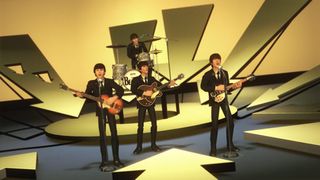
BIG MONEY: Where there's money, you'll find the Beatles. Rock Band and other rhythm games are a multi-billion dollar business
Another way tech can generate money is by producing on demand media, such as Abbey Road Live's concert service. The service, from industry giant EMI, will enable concertgoers to buy CD, DVD, USB or digital copies of the gig they've just been to. It's a similar idea to Live Here Now, also EMI-owned, which flogs recordings of shows from Blur, Pixies, Richard Hawley and Status Quo.
One of the most interesting ideas is that of the music maid, a digital valet for your downloads. Terry McBride, CEO of Nettwerk Music Group, explains to the Vancouver Sun: "Say you're having a party and you want nothing but the top 10 hits from 1980 to 1989. [The digital valet] would go out there and pull those 100 tracks, and that would be the soundtrack for your party that night. That has huge value."
Get daily insight, inspiration and deals in your inbox
Sign up for breaking news, reviews, opinion, top tech deals, and more.
He continues: "I've been talking for the last year and a half about digital valets and digital maids, which are things to come and clean up digital libraries, because they're no different from bedrooms. They can be a fricking disaster. These things are now coming."
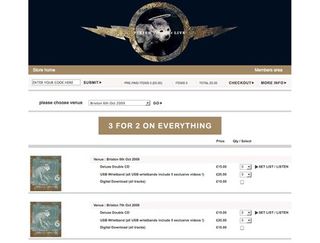
BUY MORE: Live Here Now uses tech to create mementos of the gig you've just attended in the form of CDs, DVDs and downloads
Music 2.0
Mark Mulligan of Forrester Research has been studying online music since the first MP3, and Forrester's Music Product Manifesto describes "the product features that will save recorded music".
One of the key points is that music firms need to fight the correct enemy. "This isn't a fight to be the iTunes killer," Mulligan writes. "Rather, it's to be a P2P killer and an apathy killer."
What does that actually mean? Forrester makes four predictions. One, music will be platform agnostic: "The days of the living room revolving around one piece of proprietary music hardware are gone."
Two, music products will resemble mobile apps, delivering "multimedia content ranging from music videos through games to microblogging."
Three, music experiences will do more than just play nice tunes. They'll be interactive - something that we're already seeing with services such as RJDJ and MXP4.
And four, music services will be social. Think Last.fm, Spotify's collaborative playlists, YouTube's channels and comments and so on. More than anything, the future of music involves a change of attitude. As Mulligan puts it: "It is time to build music products around consumer needs, not business needs."
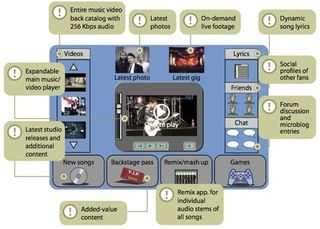
NEW BUSINESSES: In the past, record companies sold plastic things with music on them. If Forrester's right, in the future they'll sell multi-format musical experiences
Writer, broadcaster, musician and kitchen gadget obsessive Carrie Marshall has been writing about tech since 1998, contributing sage advice and odd opinions to all kinds of magazines and websites as well as writing more than a dozen books. Her memoir, Carrie Kills A Man, is on sale now and her next book, about pop music, is out in 2025. She is the singer in Glaswegian rock band Unquiet Mind.

